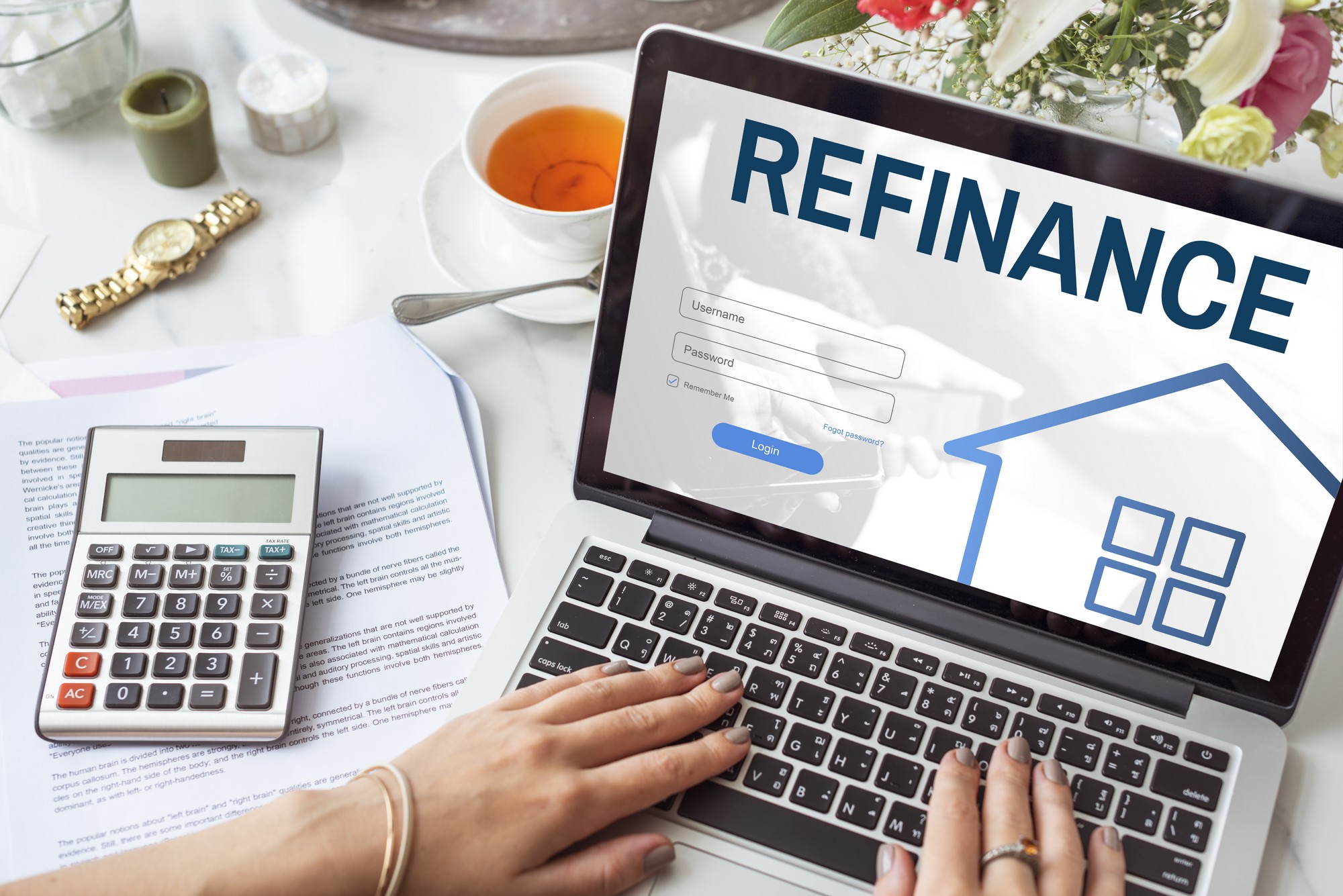At any moment, you can refinance into a new mortgage agreement. Despite if you have to pay a fee to quit your current agreement early, you could end up saving money in the long run.
You don’t have to borrow more money if you don’t need to, and you might save hundreds or even thousands of dollars every year on your loan repayments.
However, there are several refinancing myths. This article attempts to debunk them and assist you in determining whether it is the correct step for you.
It’s expensive to refinance
The goal of refinancing is to save money, not to spend more. So, unless you significantly increase your debt, you should always notice a decrease in your monthly mortgage repayments.
However, there are always expenses associated with refinancing. That is why it is critical to consider the entire cost of a refinancing agreement, which includes adding these fees to the interest you will pay throughout the period.
Switching to a contract with considerably higher fees may prove to be less expensive than remaining with your existing arrangement, especially if you are paying your lender’s standard variable rate (SVR). Alternatively, you may discover that a loan with a little higher interest rate and fewer fees and penalties is a better fit for you.
Numerous lenders will pay for your legal expenses as well as the cost of having your property appraised. So, if you choose one of these offers, the only price you’ll have to pay is the mortgage arrangement fee.
I should look for the refinance deal with the lowest interest rate
Set-up costs, such as a mortgage arrangement charge which are common when refinancing. As a result, it is critical to consider these fees while shopping for the best mortgage package. Packages with the lowest interest rates sometimes have the highest set-up expenses.
While paying a significant cost to get a lower rate may be worthwhile if you have a large mortgage, if you simply need to borrow a little amount, a mortgage package with a slightly higher interest rate but a lower cost may typically work out to be cheaper overall.
If you are concerned about interest rates rising, you may want to fix your mortgage at a little higher rate instead of refinancing to a tracker agreement, which is now low but may become more expensive in the future.
I can only refinance once my current deal has finished
You have the option to refinance at any time. The trick is to ensure that you will save money by doing so. If you have a fixed rate, a reduced rate, or a tracker deal that is about to expire, you may frequently save money by refinancing three (or in some circumstances up to six) months before it expires – that means you won’t waste time on an uncompetitive SVR.
However, if you have to pay a hefty early repayment fee or penalty to leave your existing arrangement, you will need to locate a much cheaper offer to make it a better total bargain.
Because early repayment penalties usually reduce over time, you could be better off waiting another year to refinance to a better offer. If you’re stuck in a bad contract for a long time, ask your lender if you may pay a lesser early repayment fee to transfer to one of its better options.
I can’t refinance because my financial circumstances have changed
Simply because you are earning less than previously does not exclude you from refinancing. Unless you want to raise the size of your loan, which may be impossible in certain situations, the lender will base your affordability on a lesser amount – and maybe reduce interest rates as well. As a result, even if your household income has decreased, you may be able to refinance to a better offer.
Conversely, if you have just lost your job, you may discover that refinancing is not a possibility at this time. If you’re having trouble making your monthly mortgage payments, talk to your current lender. And if you’re thinking about moving, our “How much can I borrow?” calculator could come in handy.
If you think the time to refinance your mortgage is approaching, contact us and we can ensure this process is quick and worthwhile.


